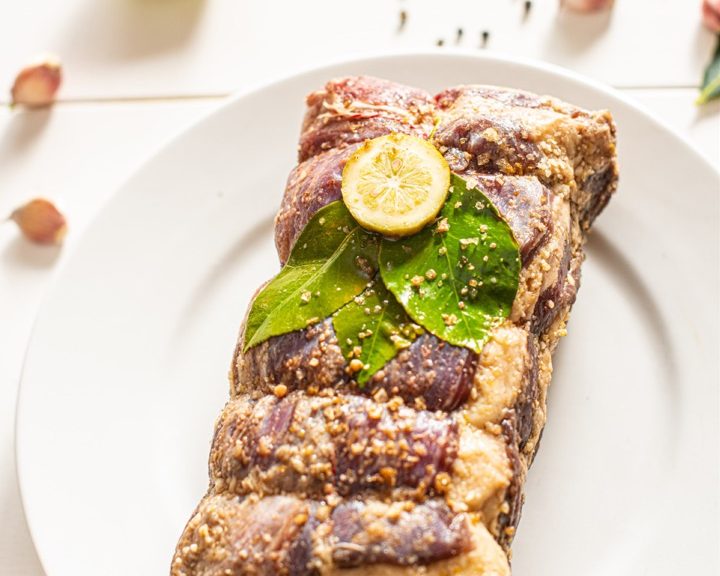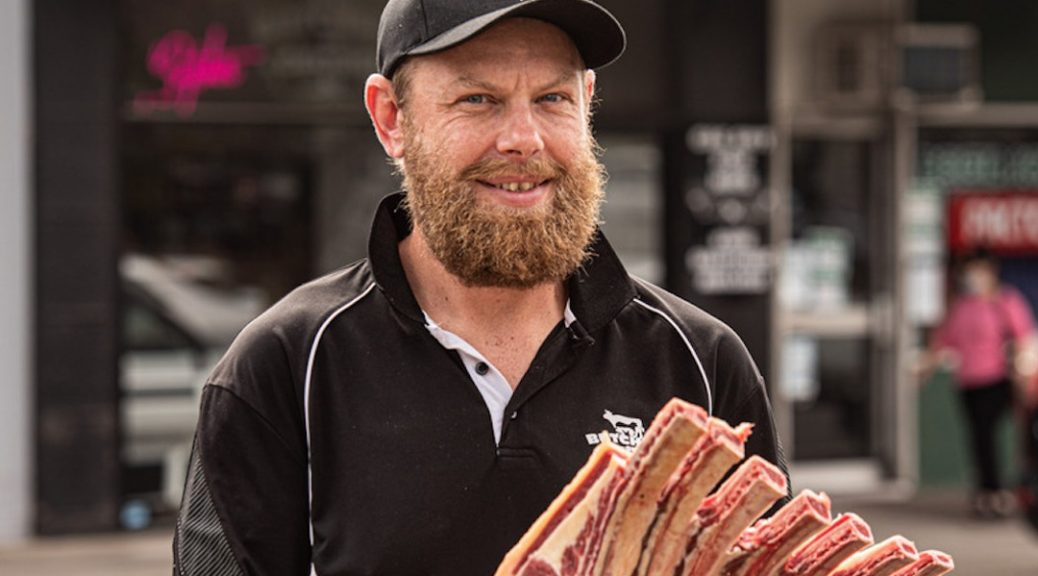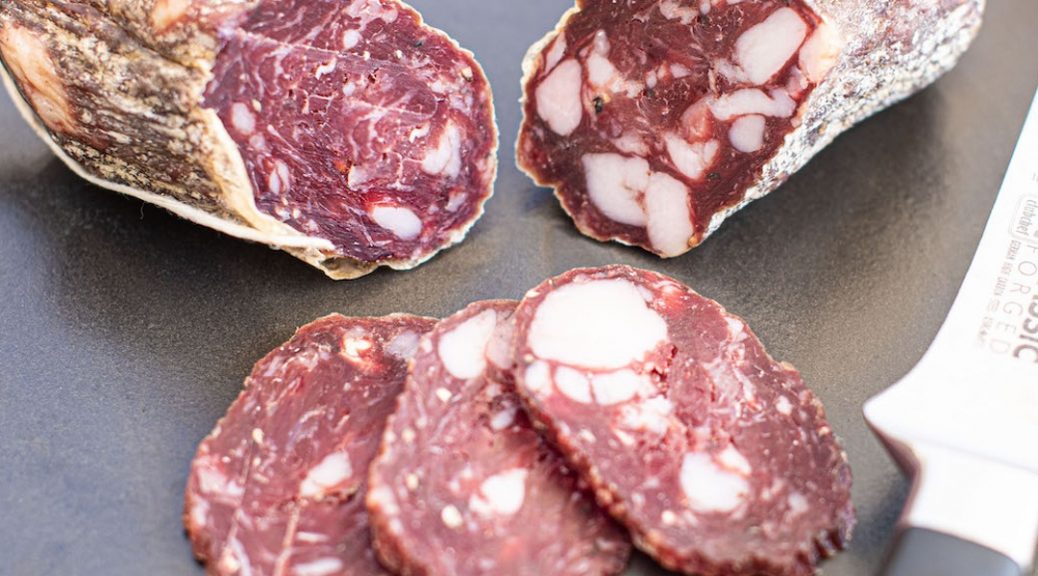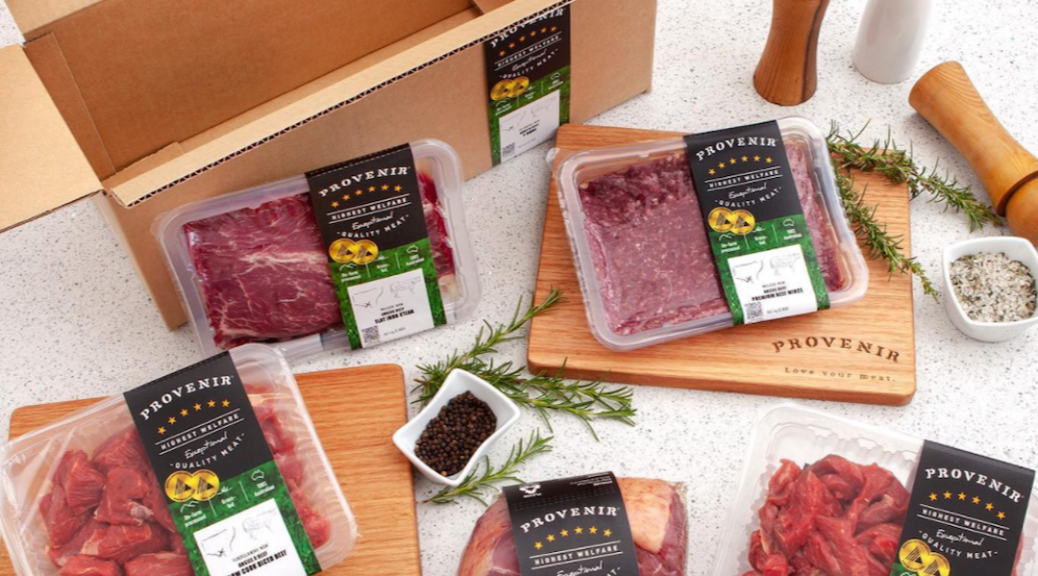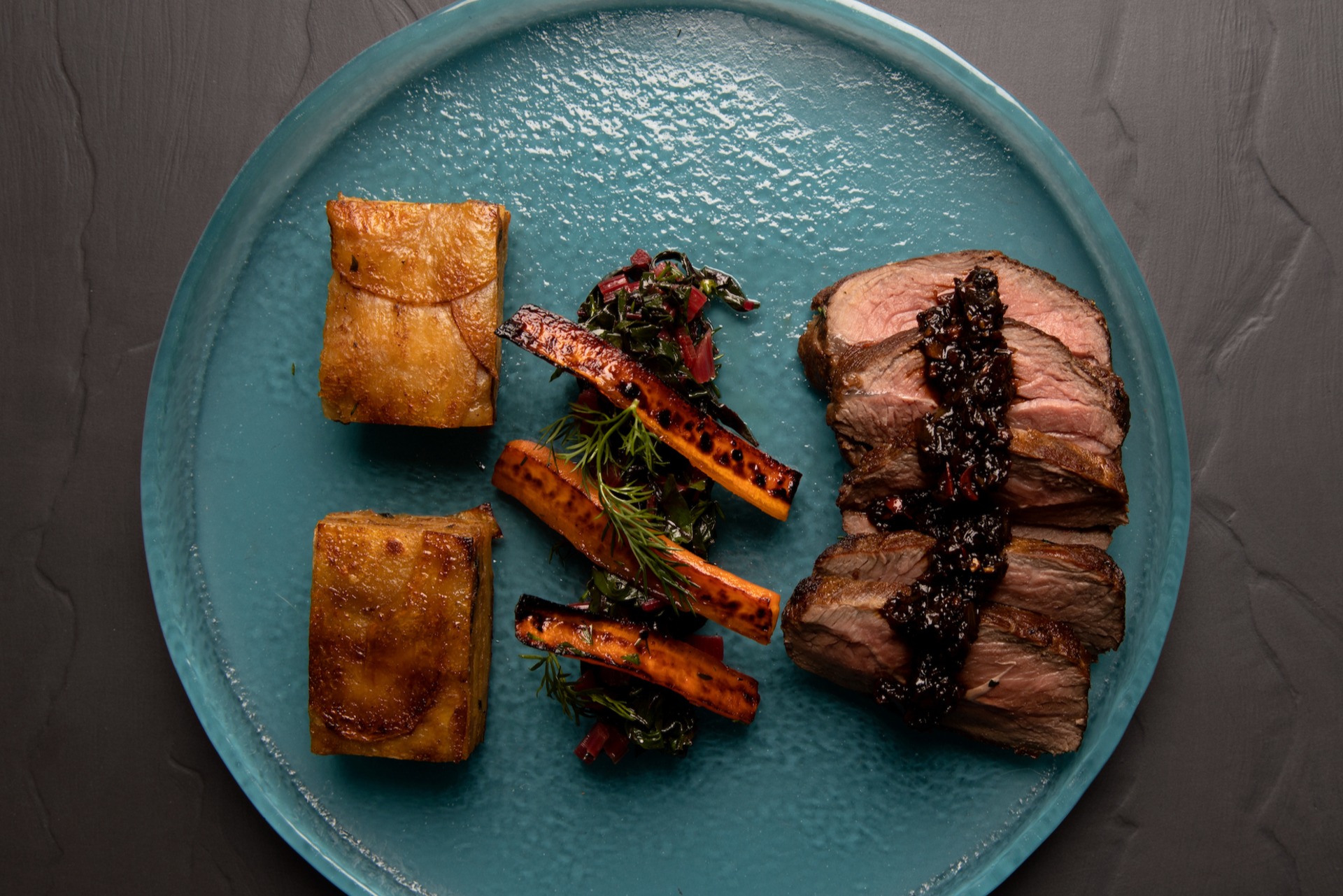Words by Richard Cornish
Images Supplied
Once they were part of the very fabric of every town, village and community. Butchers were as integral to life as the local pub, the church, the footy club. A decline in the consumption of meat and a rise in the number of supermarkets has seen a strong downturn in the number of butchers across regional Victoria. Many, however, continue not only to survive but thrive. We spoke to four around the state to see what is the secret to their meaty success.
Tom McGillivray from G & G McGillivray, Gunbower
When I started I was 15. Now I am 67. Back then, every family in town would have a roast for Sunday lunch. Women, generally, would turn the oven on, put the roast in and go to church with the family. After the service, they would come home to a ready roast.
Lamb was always popular but there would be rolled beef roast as well. This is a cut of beef where the meat from the top of the ribs is rolled around and held together with loops of string. It can be slowly cooked in a pot in the oven, and it is one of the most tender cuts. You don’t see it much anymore but we still do it here. We’re on the Murray downstream from Echuca, right on the edge of Gunbower Island. This is a beautiful part of the country, with lagoons and river red gum forest.
When I was younger there were not the number of takeaways there are now. Today young families will drive the 20 minutes into Echuca to buy McDonald’s, instead of cooking a home-cooked meal. Until a few years ago my cousin Jack had an abattoir down the road. We’d get beef and lamb off cattle and sheep from local farms and it was so much better. More tender and better-tasting because the animals were not as stressed- they didn’t have to spend hours on a cattle truck.
We get a belting from the supermarkets these days – and their specials – like steak for $10 a kg. I can assure you they are not making money out of that! We’re still doing a good trade here because we look after the locals and source really good quality beef. I have a buyer who goes to the markets and selects the best British breed cattle, all grass-fed. I age the carcasses here for a bit and butcher it the way the locals like it. For me the best cut is always rump – it has great flavour, cuts well and is perfect when grilled. We are still known for our sausages which are a mix of pork and beef made to our own recipe which is pretty simple.
G & G McGillivray, Gunbower St, Gunbower, (03) 5487 1220
Google Map
Scott Reid from Avenel Meats, Avenel
Dad was a butcher on the Queen Mary. He’d load up Aberdeen Angus from Scotland (dad was from Glasgow) and sail from Southampton to New York feeding the passengers. We came to Australia and dad wanted to semi-retire to this little historic town in 1987.
I worked with him and took over in 1990. It was like two bulls in a paddock, but I learned so much from him. Firstly – you need to have good mince and sausages. I make pork sausages using free-range pork from McIvor Farms in Tooborac. They supply all my fresh pork. I need to have a point of difference from the supermarkets in Nagambie, Seymour and Euroa so I make a lot of my own small goods. From bacon to hams to kabana and smoked chicken. I know my customers; I know how many are in their family and what they had last time so I know how to look after them.
Part of the job is knowing how to cook each cut and being able to pass on simple but effective recipes to the customers. I have learned that to be successful in a small town like this, there are only a 1000 people here, is to keep focused on quality and not try to do too much. Don’t get greedy. I have very strict buying rules for my lamb and beef, and I know how to butcher and age it well. So yes, I do have a strong clientele who swing in off the Hume to buy from me.
Quality and service. It is that simple.
Avenel Meats, 10 Bank St, Avenel
Brandon Lang from Crackling Smallgoods, Warrnambool
I am a smallgoods butcher and charcuterie in the historic centre of Warrnambool. I took over a 160-year-old sandstone building that had been a butcher’s shop for generations and spent the best part of 2019 bringing it up to Primesafe standards (the state meat regulator).
I built a brick smoker, with the help of a local bricklayer, in the back and fired it up with red gum and sugar gum and that is where I smoke my hams et cetera. I opened in December 2019 and quickly developed wholesale with restaurants and cafes buying my hams, terrines, and bacon.
And then COVID hit. I am rebuilding my business now. I started off doing in house butchery in a supermarket in Horsham but realised there was a whole lot of creative technique that could be learned working with pork and lesser loved cuts. I did a lot of self-training and worked with Ralph Finke from Oakwood Smallgoods in Castlemaine.
A lot of my time is spent working with customers getting them to understand that I hand butcher everything, hand brine or salt, smoke everything slowly over real smoke. When they understand the quality of the product and the level of skill needed to achieve that then they have no trouble with the prices we ask. We are not after supermarket customers – we could never compete on price.
We are always offering something new, such as the chicken and thyme terrine and there is always new stock – like our prosciutto moving through the display. We can do bespoke orders like smoked pork bones or whole pork leg on the bone as we did for a wedding recently. There are people from Melbourne and the Mornington Peninsula who holiday here, and they are now coming back with their Eskies, filling them up until their next trip. Our customers care about where their pork comes from and how their product is made.
They are the ones we concentrate on.
Crackling Smallgoods 84 Liebig St, Warrnambool
Andrew Parniak from Butchers on George, Moe
People think of Moe and they say, “that is a depressed area” or “there is a lot of poverty there”, and I go “yeah, but there are an awful lot of fully employed tradies who love their meat”.
I have a love of the American BBQ scene and I have spent a lot of time learning about it. I suppose that through talking to blokes in the shop and going online I have taken people on that journey with me. So now, while other butchers struggle to move their brisket and ribs, I need to order more in, whole boxes each weekend. I also carry rubs, sauces, smoking chips and books on BBQ.
That said, I am also catering to people who don’t have a lot of money but who are willing to spend on quality – my trick is to make products they can’t get in the supermarket – like crumbed pork chops. They look great and we sell them for $24.99 p/kg. Supermarkets can’t package them without looking like a sponge squashed under plastic so they don’t bother.
We also do crumbed lamb cutlets for around $40 p/kg. I saw them in Melbourne for close to $70 p/kg. Our meat is generally 30% cheaper but of higher quality. I am known for my aged beef – which is always local, always grass-fed and always dry-aged. It is really funny here – people will spend $90 per kg on wagyu for a special, they are happy, but I can’t be seen in a community like this to appear expensive. I am known for quality and value. This means people buy a lot of meat from me. And people know that I am just off the Princes Freeway and will make the detour on their way back to Melbourne or heading east to get quality for a bargain.
Butchers on George, 26C George St, Moe
We wish to acknowledge the traditional owners of this land and to pay our respects to their Elders, past and present.
